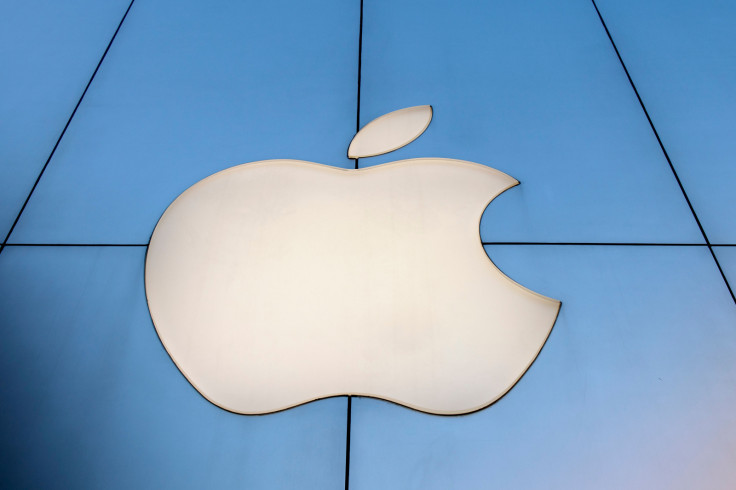Apple crackdown on third-party ads in kids' apps delayed: Report
The company's policy changes regarding the matter have been very slow in implementation.
Apple has long been trying to issue a ban over third-party analytics and ads in its kids' apps. While the company has been cracking down on the usage of data from kids' apps, the implementation hasn't been as rapid as hoped.
The company has now issued a delay on the ban of third-party analytics in kids' apps. Apple's spokesperson Fred Sainz informed the Washington Post about the delay in an emailed statement.
The company states that while it is not "backing off" on the "important" issue, it is working to help developers get there. It further states that developers are asking for clarification on certain rules. It adds that there is widespread support on what it is doing to protect kids.
The developers, it seems, regard the issuance of rules as Apple's unilateral action over them, prescribing how they should or should not use the analytics data. While this issue continues, kids using apps on iPhones and iPads will be regularly exposed to unregulated third-party ads and their in-app actions may be analyzed for marketing purposes.
The new guidelines will allow developers to collect data and even let them use Apple's own analytics data, but they won't be able to use third-party apps in analyzing this data.
Some developers have outright rejected the policy changes. According to PBS CEO Paula Kerger, the new guidelines may result in forcing PBS to remove most of its apps from the App Store. Apple has to walk a fine line between regulating developers and ensuring user privacy, especially when it comes to kids.
While Apple's stance is that it is protecting children against data trackers, the developers, according to the report, believe this will do otherwise. They believe that their lack of control over the apps will not only hurt their revenue but could also risk exposing kids to adult apps. It remains to be seen who wins this tug-of-war.
Apple has yet to announce a date on which the guidelines will go into effect or whether the guidelines will be changed.

© Copyright IBTimes 2025. All rights reserved.




















